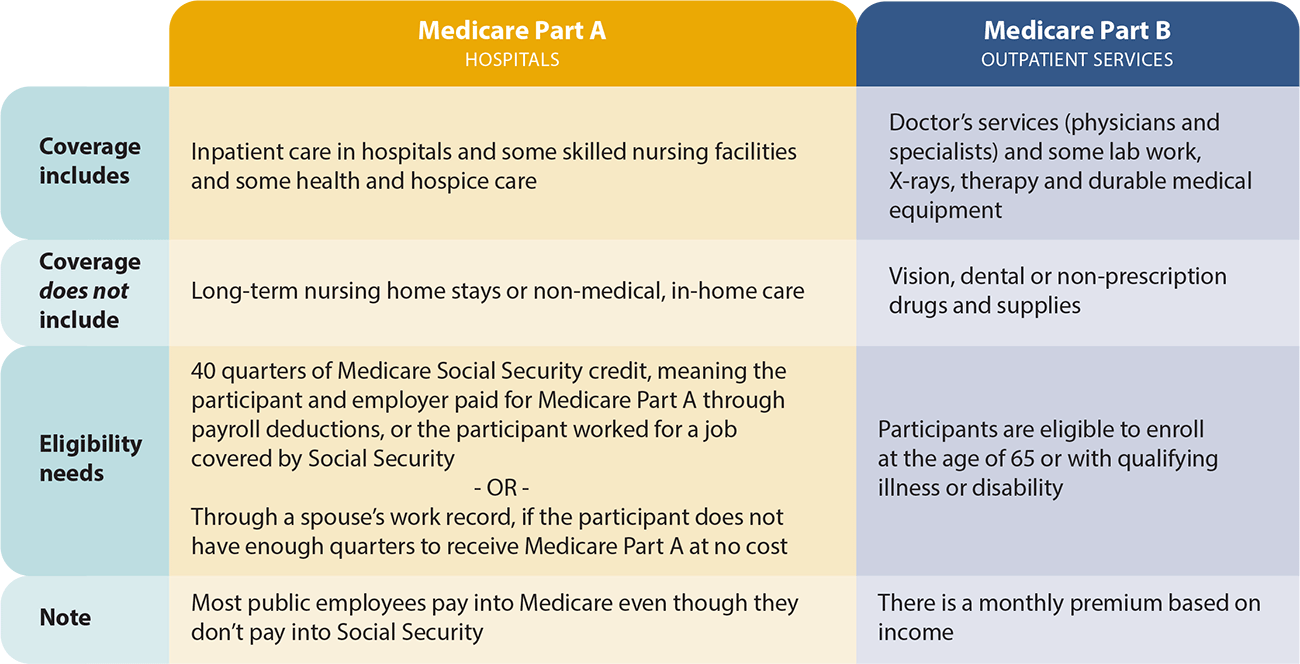Whole life and universal life insurance coverage are both considered irreversible policies. That implies they're designed to last your entire life and won't expire after a certain time period as long as required premiums are paid. They both have the potential to accumulate money worth in time that you might be able to borrow versus tax-free, for any factor. Due to the fact that of this feature, premiums may be higher than term insurance coverage. Entire life insurance policies have a fixed premium, indicating you pay the same quantity each and every year for your coverage. Much like universal life insurance coverage, whole life has the potential to build up money value with time, developing an amount that you might be able to borrow against.

Depending on your policy's prospective money worth, it may be utilized to skip an exceptional payment, or be left alone with the prospective to build up value over time. Prospective development in a universal life policy will vary based upon the specifics of your specific policy, in addition to other elements. When you purchase a policy, the issuing insurance coverage business develops a minimum interest crediting rate as described in your contract. Nevertheless, if the insurer's portfolio makes more than the minimum rates of interest, the company might credit the excess interest to your policy. This is why universal life policies have the prospective to earn more than an entire life policy some years, while in others they can make less.
Here's how: Since there is a cash value element, you may be able to avoid exceptional payments as long as the cash worth is enough to cover your needed expenses for that month Some policies may allow you to increase or decrease the death benefit to match your particular scenarios ** In a lot of cases you might borrow versus the money worth that might have accumulated in the policy The interest that you may have earned in time builds up tax-deferred Entire life policies use you a fixed level premium that won't increase, the prospective to collect money worth in time, and a fixed survivor benefit for the life of the policy.
As a result, universal life insurance premiums are usually lower throughout durations of high rate of interest than whole life insurance premiums, often for the very same amount of coverage. Another crucial difference would be how the interest is paid. While the interest paid on universal life insurance coverage is typically adjusted monthly, interest on an entire life insurance coverage policy is usually adjusted annually. This could indicate that throughout durations of rising rate of interest, universal life insurance coverage policy holders might see their cash worths increase at a rapid rate compared to those in entire life insurance policies. Some individuals might prefer the set death benefit, level premiums, and the capacity for growth of a whole life policy.
Although entire and universal life policies have their own distinct features and advantages, they both focus on providing your enjoyed ones with the cash they'll need when you die. By dealing with a qualified life insurance coverage agent or business agent, you'll be able to pick the policy that best satisfies your specific needs, budget, and financial objectives. You can also get acomplimentary online term life quote now. * Supplied necessary premium payments are prompt made. ** Boosts might undergo additional underwriting. WEB.1468 (What is health insurance). 05.15.
The Best Strategy To Use For How Much Is Health Insurance
You don't need to guess if you must enlist in a universal life policy because here you can find out all about universal life insurance coverage benefits and drawbacks. It's like getting a sneak peek prior to you buy so you can choose if it's the right type of life insurance coverage for you. Continue reading to discover the ups and downs of how universal life premium payments, cash worth, and death benefit works. Universal life is an adjustable kind of permanent life insurance that enables you to make modifications to two main parts of the policy: the premium and the survivor benefit, which in turn affects the policy's money worth.
Below are a few of the overall advantages and disadvantages of universal life insurance coverage. Pros Cons Created to use more versatility than whole life Does not have actually the ensured level premium that's available with entire life Money value grows at a variable rates of interest, which might yield higher returns Variable rates likewise mean that the interest on the cash value might be low More chance to increase the policy's money value A policy generally needs to have a favorable money value to stay active Among the most attractive functions of universal life insurance coverage is the capability to pick when and how much premium you pay, as long as payments satisfy the minimum quantity needed to keep the policy active and the Internal Revenue Service life insurance guidelines on the maximum quantity of excess premium payments you can make (How much is life insurance).
However with this versatility also comes some downsides. Let's go over universal life insurance coverage advantages and disadvantages when it concerns changing how you pay premiums. Unlike other kinds of permanent life policies, universal life can change to fit your financial requirements when your capital is up or when your budget is tight. You can: Pay higher premiums more frequently than needed Pay less premiums less typically or even avoid payments Pay premiums out-of-pocket or use the cash value to pay premiums Paying the minimum premium, less than the target premium, or avoiding payments will adversely affect the policy's money worth.
